Written by: on May 10, 2021Tags: Our Top Tens, Thought Piece
When you think of a mathematician, what do you think? Chances are, whoever you think of, they are Male. Did you know that a whopping 78% of students can’t name a famous female working in technology? Well, we are here to change that. Today is world #NationalNumeracyDay, and it’s a perfect chance to celebrate changemakers across the world. But what about those that go under the radar? We encourage all teachers to use this list to inspire your school and break down pre historic gender stereo types in STEM.
If you want to inspire your students with more tech content, please conducer signing them up to our new e-learning platform.
Now – onto the list!
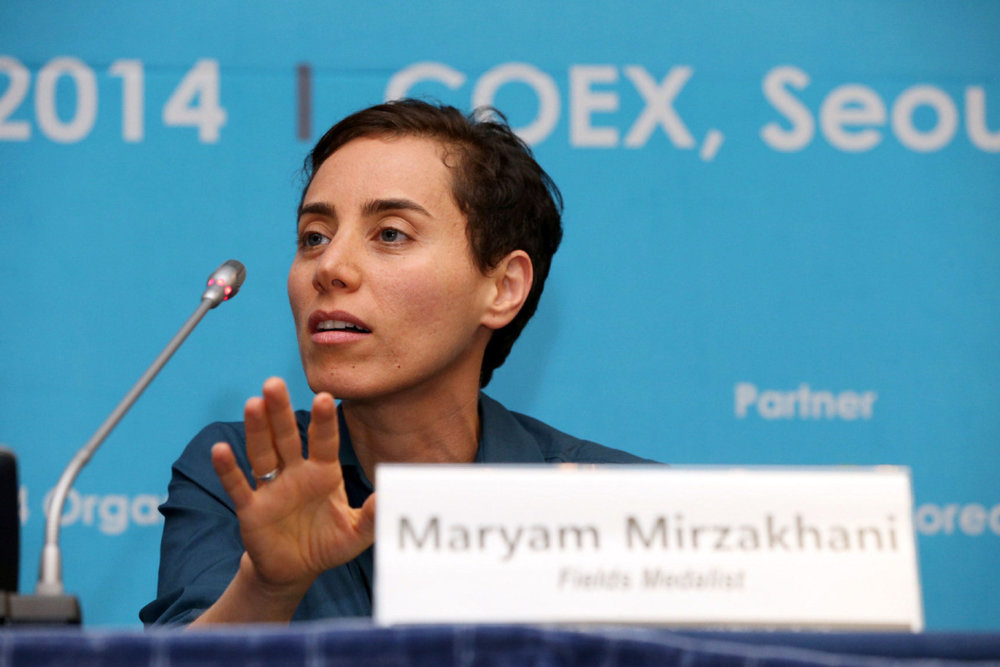
Who? Maryam Mirzakhani was born in Iran, and is regarded as of the greatest mathematicians of her generation.
What? She made exceptional contributions to the study of the dynamics and geometry of mathematical objects called Riemann surfaces. She was the first woman, to be awarded a Fields Medal (also known as the International Medal for Outstanding Discoveries in Mathematics) for “her outstanding contributions to the dynamics and geometry of Riemann surfaces and their moduli spaces”.
When? 1977-2017
2. Katherine Johnson
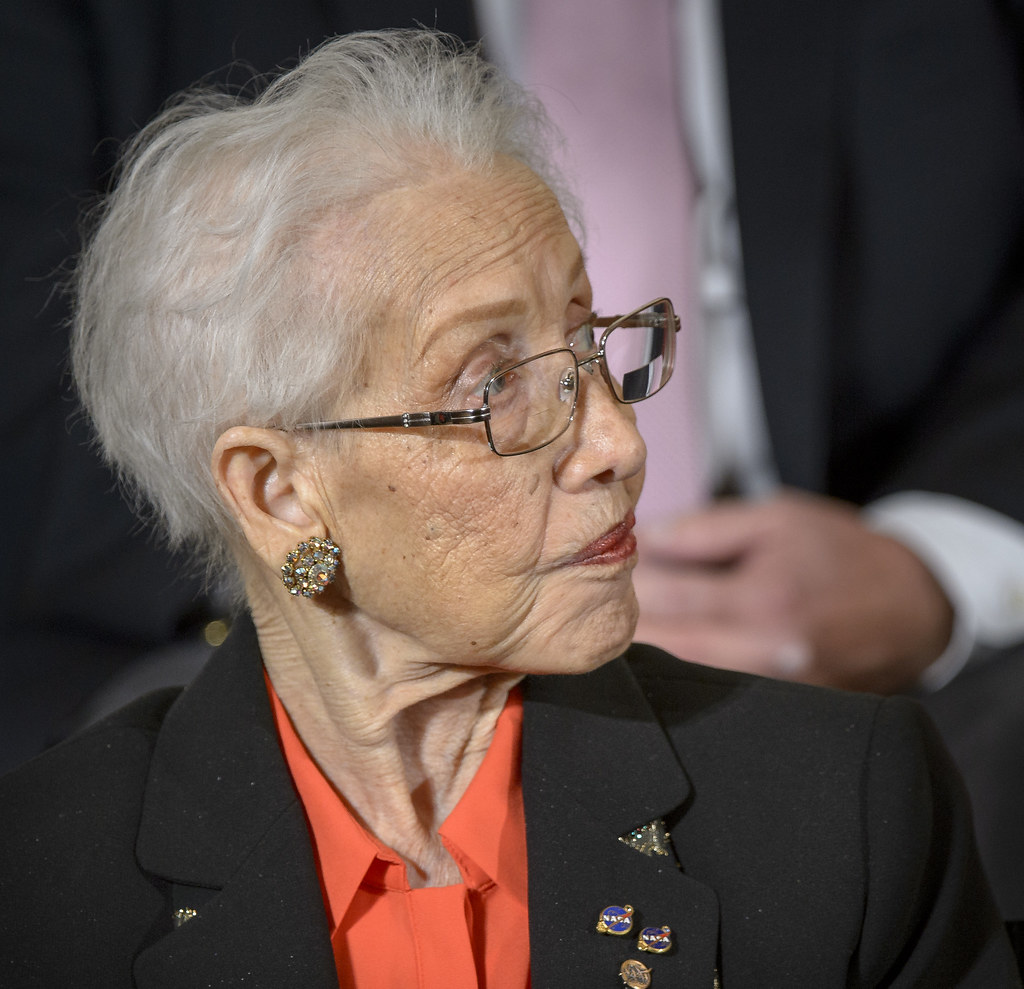
Who? Katherine Johnson was an American mathematician whose calculations of orbital mechanics as a NASA employee were critical to the success of the first and subsequent U.S. crewed spaceflights.
What? She was responsible for calculating the trajectory for Project Mercury and the Apollo 11 flight to the moon, which means she helped the first spaceship and the first Americans reach the moon! Believing that “everything is physics and math(s)”, she encouraged girls to pursue careers in STEM and often gave talks on the subject.
When? 1918 – 2020
3. Dame Mary Lucy Cartwright
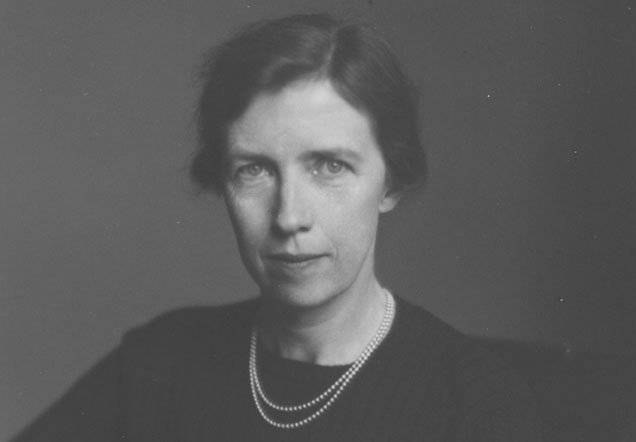
Who? Mary Cartwright was a British mathematician and a woman of many firsts! She was not only the first woman to obtain a first in her university degree, but also one of the first mathematicians to study what is now known as chaos theory.
What? Thanks to her bravery in daring to defy the status quo, her work has gone on to strongly influence the modern theory of dynamical systems, and she even has a mathematical theorem named after her!
When? 1900-1998
4. Sofia Kovalevskaya
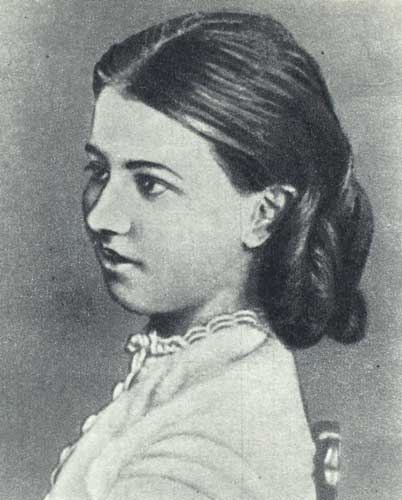
Who? Russian mathematician Sofia Kovalevskaya made monumental contributions to analysis, partial differential equations and mechanics. She was a pioneer and icon for females in mathematics and STEM subjects everywhere.
What? The first woman to obtain a doctorate in mathematics, she went on to gain global recognition in the mathematical community due to her paper on partial differential equations and was awarded the Prix Bordin from the French Academy of Sciences, a prize given to the best solution of a specific mathematical problem
When? 1850 – 1891
5. Sophie Germain
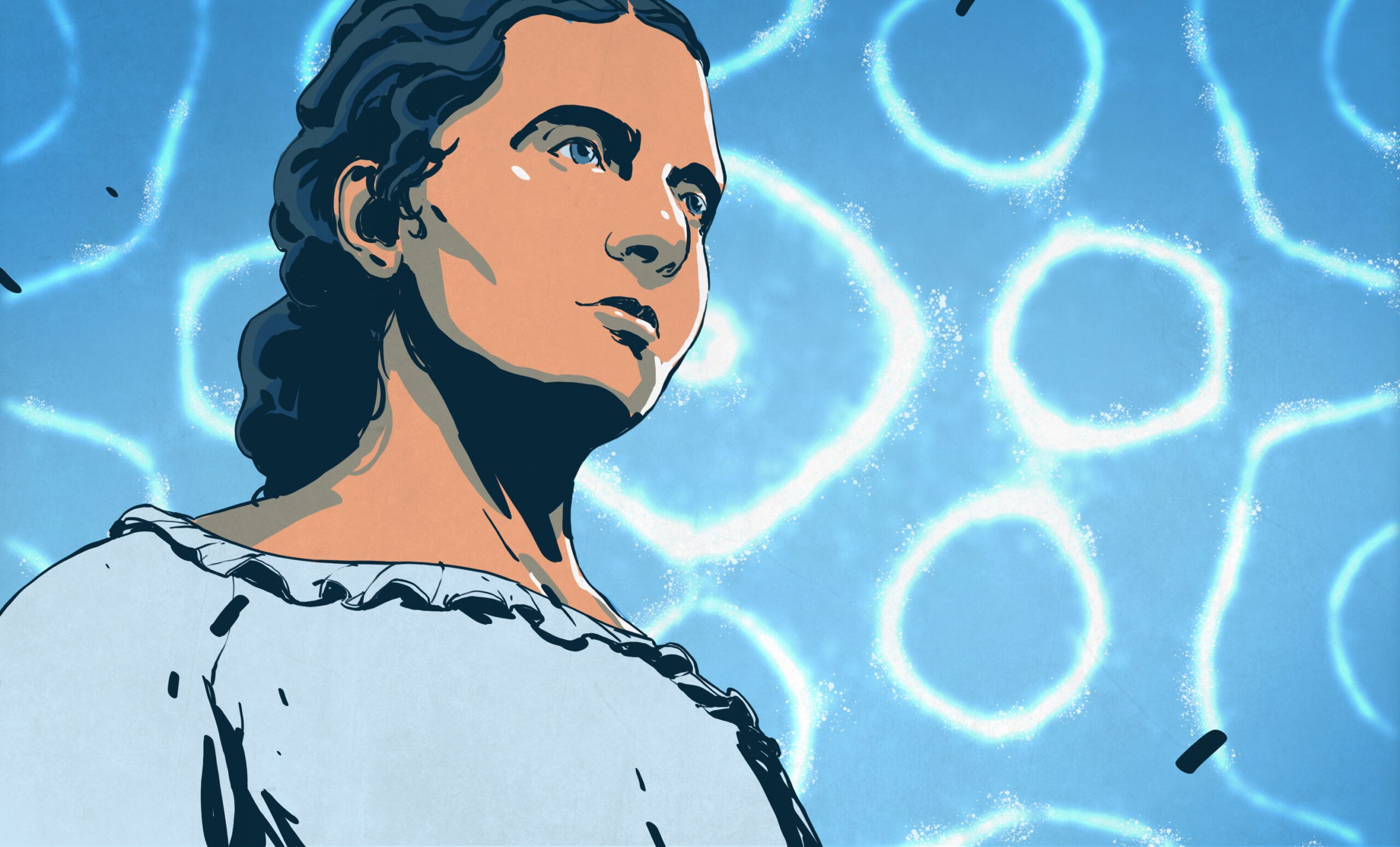
Who? Marie-Sophie Germain was a French mathematician and physicist who, despite opposition from society (and her parents) due to her sex, persevered and went on to greatly contribute to maths.
What? She worked on it independently throughout her life and through her hard work, she not only advanced the field of number theory but was also one of the pioneers of elasticity theory, becoming the first woman to win the grand prize from the Paris Academy of Sciences for her essay on the subject.
When? 1776 – 1831
6. Marjorie Lee Browne
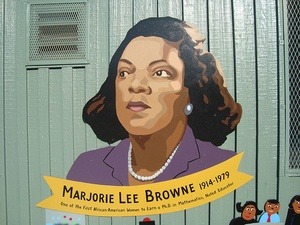
Who? Gifted African-American mathematician and educator Marjorie Lee Browne was the first black woman to gain a doctorate in maths.
What? She noted that the lack of involvement of black women in STEM subjects was a huge societal issue that needed to be addressed and believed that education was a viable solution. She took advantage of her position as department chair at NCCU to gain a grant to educate secondary school teachers in advanced maths and spent much of her time with local secondary school teachers teaching them about linear algebra, encouraging them to study and obtain advanced degrees and improving the level of maths education as a whole in North Carolina.
When? 1914-1979
7. Rachel Riley

Who? Television presenter Rachel Riley studied Mathematics at Oxford University. At age 22 she joined Countdown where she applies her maths skills on a regular basis, handling the letters and numbers rounds to find solutions to complicated problems.
What? Riley has visited many schools over the years in an endeavour to inspire children on the “joys of applied maths, quantum mechanics and time travel” and increase the numbers of females participating in STEM subjects. She has shown us that pursuing your passion and studying maths at university can lead to us down different avenues, including less conventional ones such as a career in television!
When? 1986 – Present
8. Malala Yousafzai
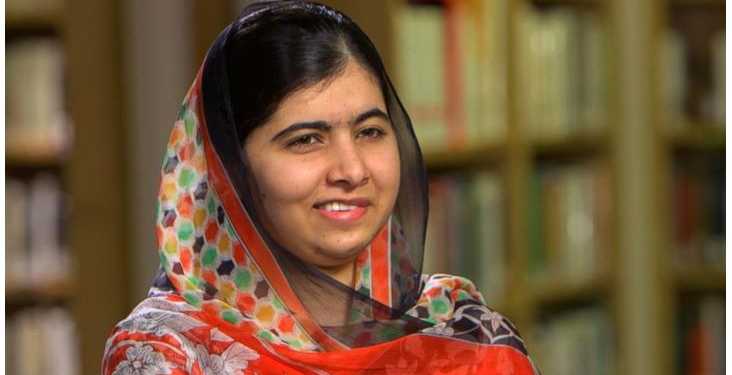
Who? Malala Yousafzai is a Pakistani activist for female educational rights, and the youngest person to win the Nobel Peace Prize, at just age 17
What? At the young age of just 11 years, Malala began writing blogs for the BBC detailing what life was like under Taliban rule. In her home province of Swat Valley, girls were banned from attending school by the Taliban. She gained global recognition as a speaker on the education of girls and has brought about a huge change in this area ever since. Due to the nature of Malala’s work, an attempt was made on her life when she was on her way to school one morning. It was unsuccessful, and she refused to let this stop her from fighting for her cause, continuing to give speeches and interviews for women’s educational rights.
When? 1997 – Present.
9. Mayim Bialik

Who? American actress Mayim Bialik studied neuroscience at UCLA, where she went on to obtain a Ph.D in 2007. She is best known for her role as Dr. Amy Fowler in the comedy The Big Bang Theory, but has starred in countless other television shows and films.
What? Despite success in her early acting career, Mayim still decided to study neuroscience at university because she had a passion for the subject. She believes strongly in the involvement of women in STEM subjects and has spoken at events on the topic encouraging girls to pursue these disciplines.
When? 1975 – Present
Thanks for reading.
If you’re a teacher, and you would like to inspire more girls at your school to take tech subjects in year 8, our eLearning platform can help you!
Tap here to register your interest.
Tap here to read more about it.
Tap here to read more about the why.
Tap here to hear our product manager, Leanne go through her favourite features.
Thank you to Third Space Learning for this amazing content.
Back to news and views